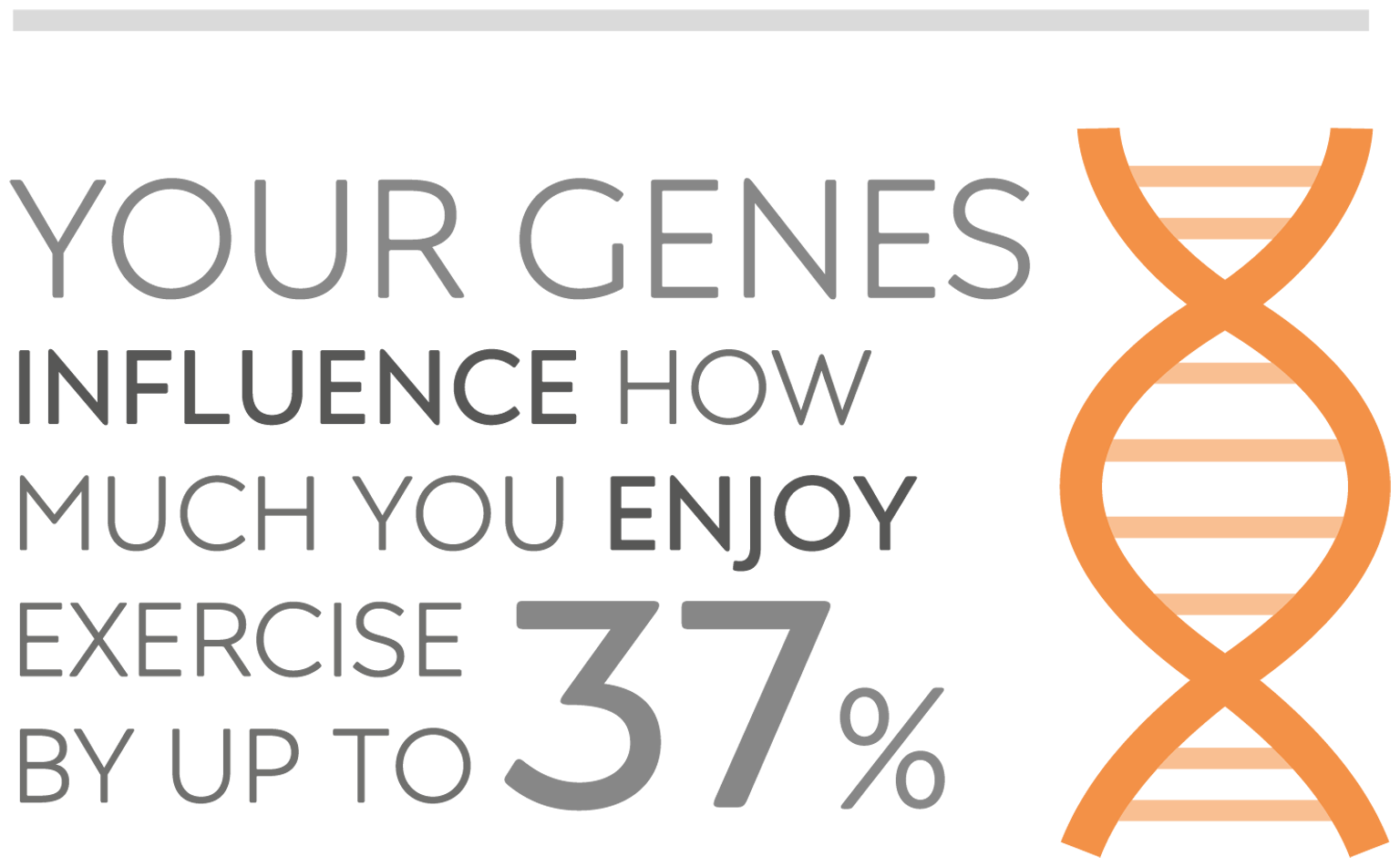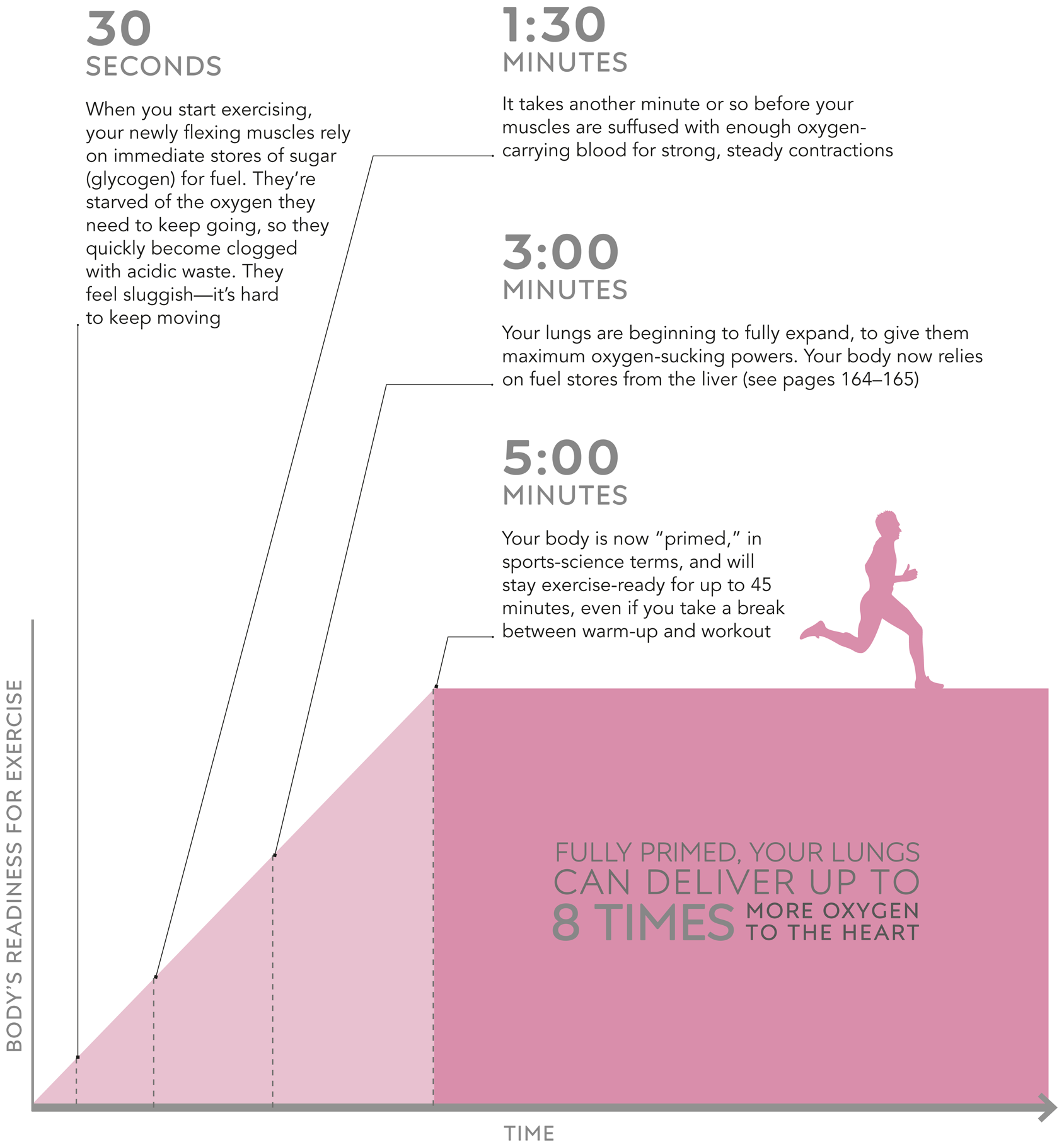Why Is It Hard to Motivate Myself to Exercise?
Regular exercise keeps brain and body well oiled, yet for many of us, the promise of a healthier, happier life isn’t enough to free us from the pull of the couch.
Running on a treadmill, going nowhere, endlessly pounding and staring at the same wall—it can seem like cruel torture, and that’s because it originally was. Long before gyms, in the 1800s, treadmills started out as a punishment for troublesome prison inmates.
Criminal or not, if you consider yourself an exercise sluggard, then it may be in part due to your genes. We think we are masters of our own destiny, yet around half of your personality and temperament—including whether you enjoy or fear the treadmill—is inherited from your parents through DNA. Your reluctance to exercise may be partly due to a series of “laziness genes”—strips of DNA code that control the release of endorphins into the brain. These are the chemicals responsible for natural “highs” people experience during exercise. To put it simply, you’ll get less of an “exercise buzz” than others do.
You might find yourself avoiding workouts because the first few minutes of exercise feels like wading through quicksand, even for elite athletes. It takes a while for your lungs and muscles to respond fully to the sudden demands made on them. Until then, every step is a mountain, so go easy on yourself and don’t give up.
Your arms and legs might also feel tingly at first—this is because tiny blood vessels under your skin, which were squashed flat while you were lounging about on the sofa, are suddenly blasted open by a flood of warm blood. Nerve receptors send signals to your brain, which temporarily misinterprets the gush as an uncomfortable tingle.
To help you get motivated, it may also be useful to know your chronotype so that you can plan exercise for when your energy levels are highest. Also, if you eat the right food before a workout (see What and When Should I Eat Before Exercise?), you can ensure that you’re off to the best start possible.


n Double-tap image to read the labels
climbing the mountain
For the first five or so minutes of exercise, your body is demanding energy more quickly than your lungs can provide oxygen to make it. Once your body is primed after about five minutes, it flips the biological switch to “aerobic” mode—now you’re efficiently converting oxygen into fuel for your muscles, enabling you to train for endurance exercise effectively.
